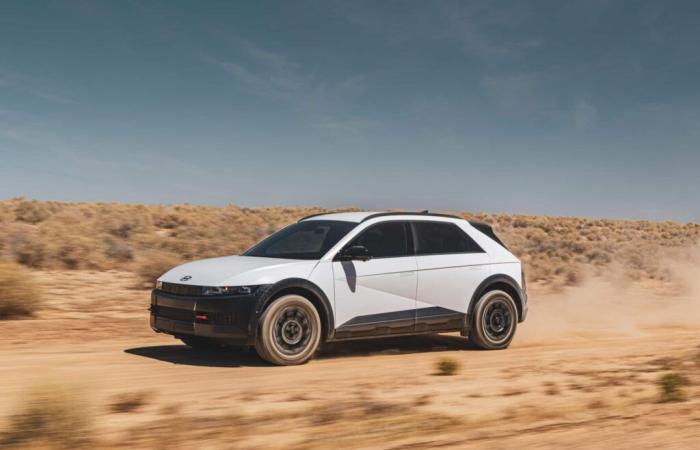The renewal of the European Commission could have called into question Europe’s climate policy. But this is unlikely to be the case. Two new European commissioners recently confirmed that they want to put an end to thermal energy in 2035. The course should therefore remain the same.
Europe wants to stick to its initial plan
Car manufacturers need visibility to be able to move forward. Changing strategy every 5 years is not possible. It seems that the new European commissioners have understood this well. Indeed, Wopke Hoekstra, the commissioner in charge of Climate, recently declared that he was “ favorable » to the agreed timetable for the gradual elimination of thermal cars within Europe.
Accept cookies to view
A few days earlier, Apostolos Tzitzikosta, the new European Commissioner for Transport, made a statement also along these lines. He explained that he wanted stick to the Commission’s initial plan “. Both politicians are members of the EPP (the European People’s Party), the same party as that of Commission President Ursula von der Leyen.
A clear course for car manufacturers?
Mr Hoekstras promised to do everything possible to “ create a viable economic environment for the automotive and battery industries “. In particular, it intends to accelerate the deployment of charging infrastructure in Europe and make investments to “ strengthen the electricity network “. The European Commissioner added that he really wanted to “ focus on electrification ».
Also readEnd of thermal cars in 2035: BMW boss asks Europe to reverse course
According to Transport & Environment (T&E), this position will bring “ clarity “. The NGO calls on car manufacturers to “ recall their lobbyists » and to refocus on the “ development of affordable electric cars that Europe needs “. In order to ensure a majority for a second term, Mrs. von der Leyen, however, opened the way to synthetic fuels.
The rest of your content after this announcement
The rest of your content after this announcement
Business






